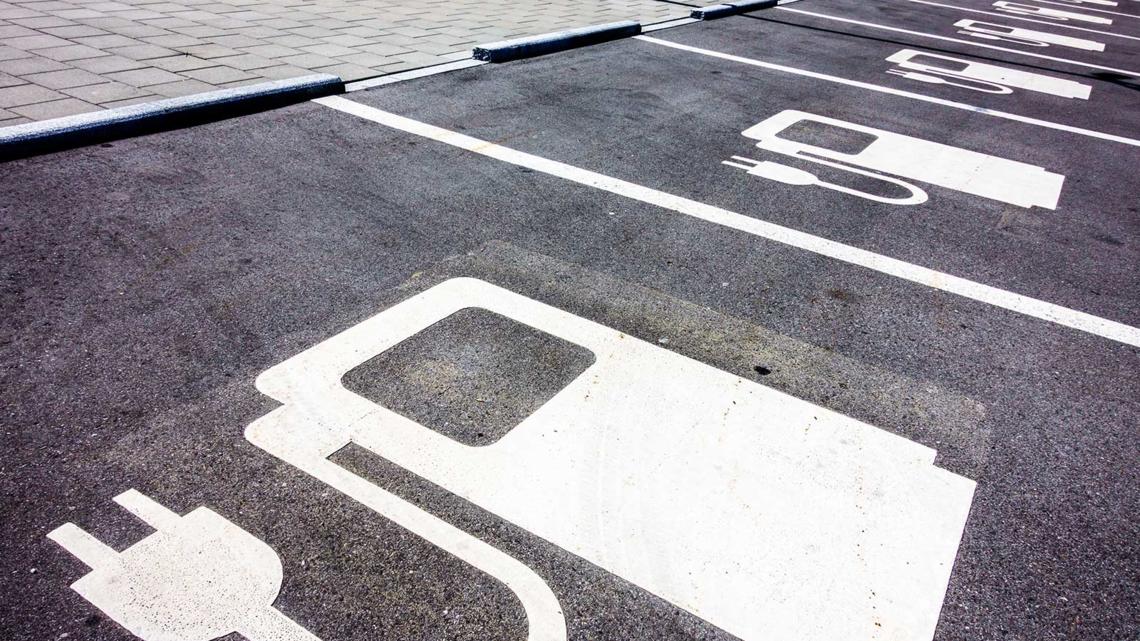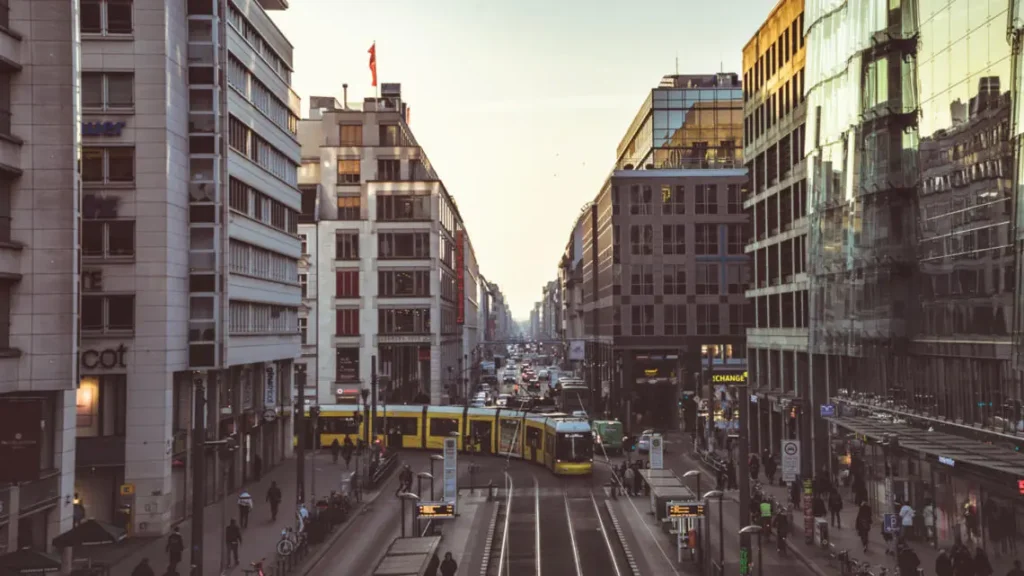The global onset of COVID-19 has drastically affected all of us — through the fabric of our daily lives, and also through its reverberations in economic systems on local and global scales. Green, innovative, agile and scalable solutions are being demanded of our governments, our employers and our societies. As the last decade has proven, global economic sustainability and resilience is intrinsically intertwined with social and environmental empowerment.
One of the sectors that has been most affected by the global pandemic is public transportation, be it road, air, freight or sea; for work, business or for leisure. This impact is even more pronounced in developing countries, where significant portions of the population are primarily dependent on public transport systems to get around. At the same time, the adverse impact on public transportation has visibly resulted in drastic reductions of CO2 emissions and fossil fuel pollution, provoking the thought: How do we build a healthier, more economically inclusive global society while also keeping carbon emissions in decline?
This provides an opportunity to “Build Back Better and Greener,” creating public transportation systems for a greener environment and for people, by adopting emerging zero-emission transportation technologies.
Partnering for Green Growth and the Global Goals 2030 (P4G) has invested in a portfolio of public-private partnerships advancing the transition towards e-mobility in Latin America, including the Zero Emission Bus Rapid-deployment Accelerator (ZEBRA), which is now in its second phase of P4G funding. ZEBRA, an example of P4G’s catalytic investment, works with city lawmakers and bus manufacturers to “pave” the way for the widespread transition of public transportation from diesel bus fleets to zero-emissions fleets in some of the region’s most populous cities, including Mexico City, Mexico; Medellín, Colombia; Santiago, Chile; and São Paulo, Brazil. Between 2018 and 2019, with leadership from C40 and the International Council on Clean Transportation (ICCT), ZEBRA has facilitated accelerating the e-bus transition in Latin America from 104 buses on the road to 460, and a total investment in the project from USD 30 million to more than USD 424 million. In its next phase, the partnership is aiming to more than triple this investment, to USD 1.6 billion, and exponentially increase bus deployment to 3,600 vehicles.
To achieve this level of speed and success, P4G-funded e-mobility partnerships collaborate with city leaders, corporations, and pre-established in-country P4G working groups called “National Platforms” to take a project-based approach to zero-emission transportation. The partnerships with this ecosystem of collaborators define parameters for enabling environments that support the scaling of electric vehicle deployment. These include:
- The economic viability of the vehicles within pre-existing transportation systems
- Creating a level playing field among operators to facilitate the adoption of zero-emission buses in their fleets
- Building technical and operational analyses of zero-emissions vehicles at the pilot level
- Working with suppliers to ensure that the number of buses needed matches their vehicle procurement capacity
- Pilot deployment of electric vehicles in various segments including public and cargo transportation
These P4G partnerships are also working on making capital available for investment in zero-emissions buses and the associated infrastructure; and providing policy recommendations to improve the viability of the zero-emission transition.
The partnerships are not only working with electric vehicle suppliers and users/operators but also utilities who are key to providing charging infrastructure for e-mobility. The charging of electric vehicles during off-peak hours, especially overnight, supports utility companies in increasing their revenue-generating efficiency potentially creating a surplus of energy that can then be shared with electric vehicle operators to improve the economic viability of this electric vehicle operation. With the complementary support of policy and regulatory interventions, these surpluses strengthen the business case of e-mobility investments across the value chain.
The transition to zero-emission buses provides an opportunity to invest in a greener economy through a blended finance model that mitigates technology risks while simultaneously providing access to cheaper green capital investment.
In the longer term, the success of this P4G-funded portfolio of e-mobility partnerships and investment fund will provide a model for its adoption in Latin American cities and beyond – making cities healthier, more inclusive and sustainable for the long term.
Sarbinder Singh is Director of Investments at P4G Partnerships.
This article was originally published on Impakter




